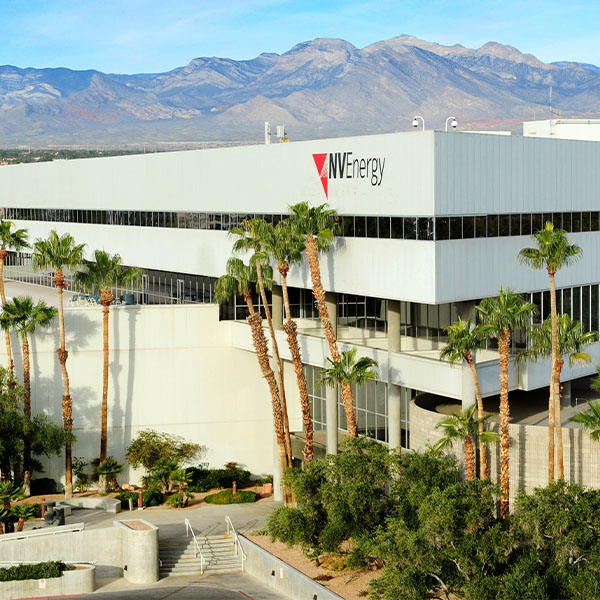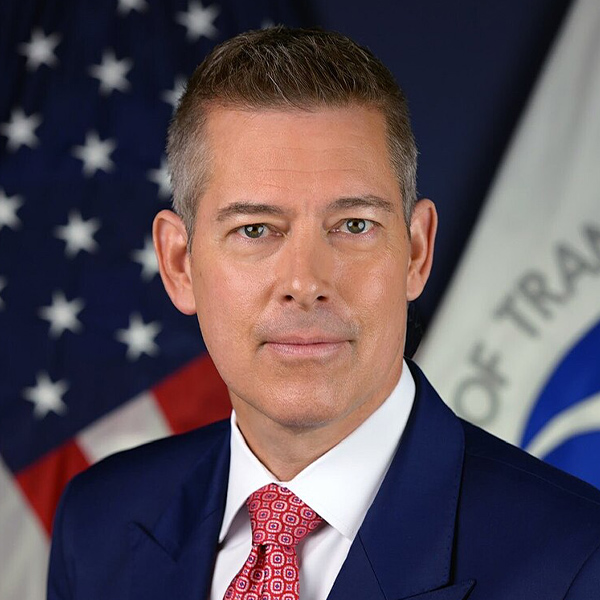NetZero Insider
Agriculture & Land UseBuilding DecarbonizationCookingEnergy EfficiencySpace HeatingWater HeatingCommentary & Special ReportsConference coverageCompany NewsEquity & EconomicsEmployment & Economic ImpactEnvironmental & Social JusticeFederal PolicyCongressDepartment of EnergyLoan Programs Office (LPO)Department of TransportationEnvironmental Protection AgencyFederal Energy Regulatory CommissionGeneral Services Administration (GSA)Interior DepartmentBureau of Land ManagementBureau of Ocean Energy ManagementNuclear Regulatory CommissionTreasury DepartmentWhite HouseGeneration & FuelsBioenergyFossil FuelsCoalNatural GasGeothermalHydrogenNuclearSMRRenewable PowerCommunity solarHydropowerOffshore Wind PowerOnshore Wind PowerSolar PowerRooftop solarUtility scale solarImpact & AdaptationIndustrial DecarbonizationState and Local PolicyAlabamaArizonaCaliforniaCA LegislationCalifornia Air Resources Board (CARB)California Energy Commission (CEC)California Public Utilities Commission (CPUC)ColoradoConnecticutDelawareDistrict of ColumbiaFloridaGeorgiaHawaiiIdahoIllinoisIndianaKentuckyLouisianaMaineMarylandMassachusettsMichiganMinnesotaMississippiMissouriMontanaNevadaNew HampshireNew JerseyNew MexicoNew YorkNYSERDAPublic Service CommissionNorth CarolinaNorth DakotaOhioOregonPennsylvaniaRhode IslandSouth CarolinaTennesseeTexasUtahVermontVirginiaWashingtonWest VirginiaWisconsinWyomingTechnologyCarbon CaptureTransmission & DistributionEnergy StorageMicrogridsTransportation DecarbonizationAirplane DecarbonizationEV chargersHeavy-duty vehiclesBattery Electric Buses (BEB)Fuel Cell Electric Buses (FCEB)Light-duty vehiclesBattery Electric VehiclesFuel Cell VehiclesPlug-in hybrid electric vehiclesShip electrificationClean Ports
A former iron mine tailings pile is the first site auctioned in New York’s Build-Ready program for large-scale renewables.
State energy policy was supposed to be a top priority for the Maryland General Assembly’s 2025 session, but it appears to be taking a backseat to more pressing fiscal matters.
Nevada regulators have approved NV Energy’s clean transition tariff, a framework developed in partnership with Google that will allow the utility’s existing large-load customers to receive power from new clean energy resources.
In a rapid series of announcements, EPA Administrator Lee Zeldin unleashed a full-scale offensive on the agency’s regulatory authority, as it seeks to roll back as many as 31 regulations.
Secretaries Chris Wright and Doug Burgum plugged the need for natural gas as the answer to the U.S.' energy needs during CERAWeek.
With a goal of registering 330,000 EVs in the state by 2025, New Jersey has more than 215,000 EVs on the road. The state gained momentum in 2023, adding about 62,500 vehicles for a 68% year-over year jump in sales.
ACEEE's latest report argues that utilities should adopt winter discount rates to encourage heat pump adoption and recommends continued educational campaigns, including for HVAC contractors.
Commercial fishing advocates are asking the nation’s highest court to rule that federal regulators improperly authorized construction of Vineyard Wind 1 off the Massachusetts coast.
Consultants are evaluating four primary pathways for hydrogen production in California, and say it’s too soon to eliminate any of them from a long-term strategy for the state’s green hydrogen industry.
The rescinded memo specifically recognized states’ authority to “determine which of their projects shall be federally funded by federal-aid highway formula dollars.”
Want more? Advanced Search









